
Embarking on a cultural immersion vacation can be an enriching and eye-opening experience, offering the opportunity to delve into new traditions and customs.
However, it is essential to be aware of the potential challenges that may arise during such journeys. This article will explore seven crucial challenges you might face, including language barriers, cultural shock, homesickness, dietary differences, social norms, climate adaptation, and local transportation.
By understanding and anticipating these obstacles, you can better prepare and make the most of your cultural immersion adventure.
Language Barriers
During a cultural immersion vacation, you may encounter significant challenges due to language barriers. Language learning is an essential part of any cultural exchange, and without a common language, communication becomes difficult. The inability to understand or be understood can lead to frustration and misunderstandings, affecting the overall experience of the trip.
However, facing these challenges head-on can be a transformative experience. By actively engaging in language learning, you open yourself up to a deeper understanding of the local culture and its people. It allows you to connect on a more personal level, breaking down barriers and fostering genuine connections.
Embracing the opportunity to learn a new language not only enhances your travel experience but also broadens your perspective and encourages a sense of freedom as you navigate through unfamiliar territories.
Cultural Shock
Experiencing cultural shock while on a cultural immersion vacation is not uncommon.
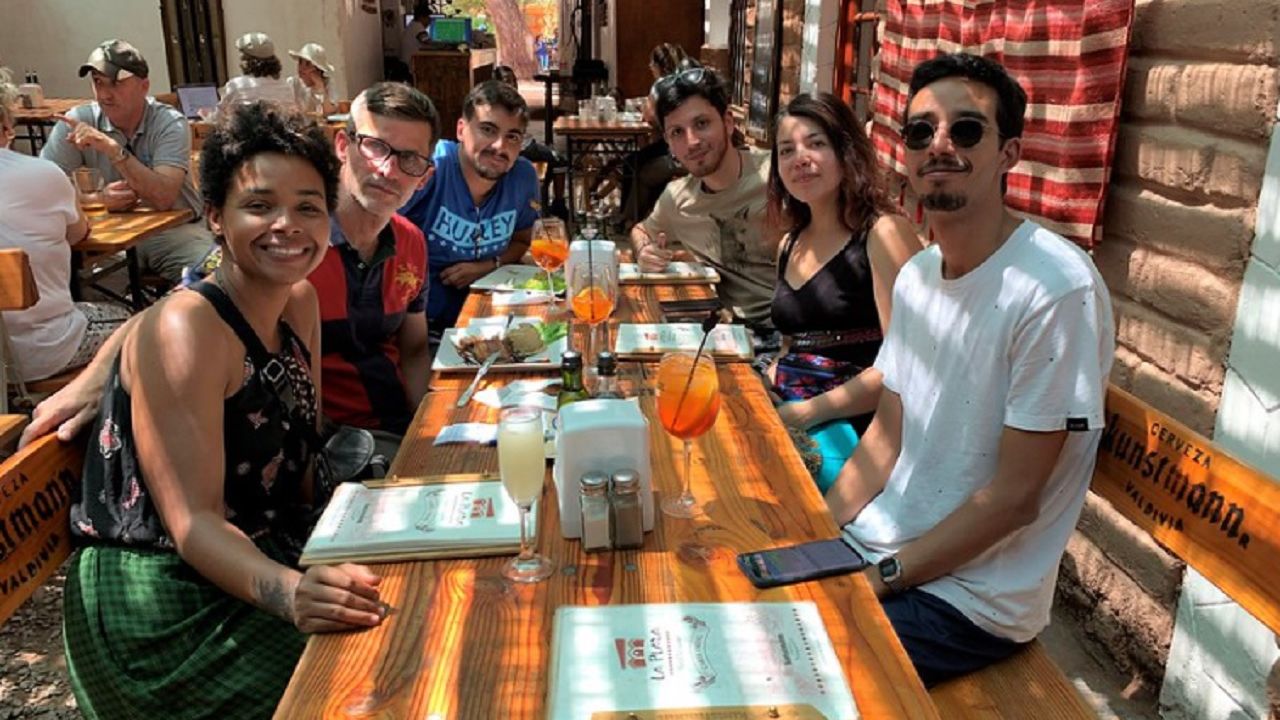
Coping with differences, embracing unfamiliar customs, and overcoming language barriers are the key points to consider when facing this challenge.
It is important to approach cultural shock with an open mind and a willingness to learn, as it can provide a valuable opportunity for personal growth and understanding.
Coping With Differences
One of the crucial challenges faced on a cultural immersion vacation is coping with the differences encountered, specifically the cultural shock. When traveling to a different country or immersing oneself in a new culture, it is natural to experience a level of discomfort and disorientation.
Intercultural communication plays a vital role in coping with these differences. It is important to approach interactions with an open mind and a willingness to learn and adapt. Cultural sensitivity is also key, as it helps us navigate through unfamiliar customs and traditions without causing offense.
Embracing Unfamiliar Customs
To effectively navigate the challenges of cultural immersion, it is crucial to embrace unfamiliar customs and overcome cultural shock.
When traveling to a different country or immersing oneself in a new culture, it is natural to encounter traditions and customs that may seem strange or unfamiliar. Rather than rejecting these customs, it is important to adapt and embrace them as part of the cultural experience.
Adapting traditions allows for a deeper understanding and appreciation of the local culture. It also promotes cultural assimilation, fostering greater acceptance and integration within the community.

Overcoming cultural shock requires an open mind and a willingness to step out of one's comfort zone. By embracing unfamiliar customs, one can truly immerse themselves in the local culture and gain a richer, more authentic travel experience.
Overcoming Language Barriers
Navigating the challenges of cultural immersion, overcoming language barriers is essential to fully embrace unfamiliar customs and avoid cultural shock. When traveling to a foreign country, language learning becomes a crucial aspect of the experience.
Here are four strategies to help overcome language barriers:
Language Learning: Prioritize learning the basics of the local language before your trip. This will enable you to communicate with locals and navigate everyday situations more effectively.
Translation Services: Utilize translation apps or services to bridge the gap between languages. These tools can help you understand menus, signs, and conversations, making your experience more enjoyable and hassle-free.
Language Exchange: Engage in language exchange programs to practice speaking with native speakers. This not only enhances your language skills but also allows for cultural exchange and deeper understanding.
Non-Verbal Communication: Embrace non-verbal forms of communication such as gestures, facial expressions, and body language. These can help convey your thoughts and intentions when words fail.
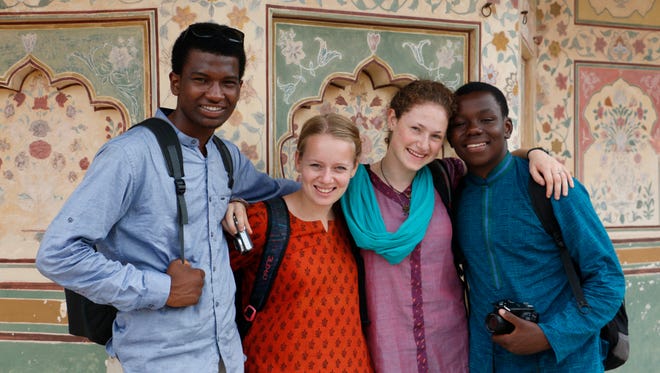
Homesickness
Experiencing homesickness is a common challenge that travelers may encounter while on a cultural immersion vacation. When you embark on a journey to a foreign land, it is natural to feel a sense of longing for the familiar comforts of home.
This feeling of nostalgia can be intensified by the cultural adjustment you are undergoing. Being exposed to new customs, languages, and traditions can make you yearn for the familiar surroundings and routines you left behind.
However, homesickness should not deter you from fully immersing yourself in the cultural experience. Instead, embrace it as a sign that you are engaging with your new environment on a deep level.
Stay connected with loved ones back home through technology, while also actively seeking out new friendships and connections in your host country. Remember, homesickness is temporary, but the memories and personal growth gained from your cultural immersion vacation will last a lifetime.
Dietary Differences
One significant challenge on a cultural immersion vacation is adapting to dietary differences. Exploring a new culture often means encountering unfamiliar food restrictions and local cuisine that may not align with one's usual eating habits. Here are four key points to consider when facing dietary differences:
Research beforehand: Before embarking on your trip, take the time to research the local cuisine and any common food restrictions in the destination. This will help you better prepare and understand what to expect.
Be open-minded: Embrace the opportunity to try new foods and flavors. Keep an open mind and be willing to step out of your comfort zone. You might discover some delightful surprises.

Communicate your needs: If you have specific dietary restrictions or allergies, it's essential to communicate them clearly to your hosts or restaurant staff. They may be able to accommodate your needs or provide suitable alternatives.
Learn to adapt: While it's important to respect local customs and traditions, don't hesitate to adapt the local cuisine to fit your dietary preferences. For example, you can request modifications to certain dishes or explore vegetarian or vegan options if available.
Social Norms
When embarking on a cultural immersion vacation, one of the crucial challenges you might face is navigating unfamiliar social customs. Different cultures have their own unique ways of interacting, communicating, and expressing emotions, which can be quite different from what you are accustomed to.
These cultural communication barriers can sometimes lead to misunderstandings and confusion, making it important to approach social interactions with an open mind and a willingness to learn and adapt.
Unfamiliar Social Customs
During a cultural immersion vacation, navigating unfamiliar social customs can present significant challenges. Interacting with locals and navigating public spaces can become particularly daunting when faced with different cultural norms.
Here are four crucial points to consider when dealing with unfamiliar social customs:
Non-verbal communication: Gestures, facial expressions, and body language can vary greatly across cultures. It is important to be aware of these differences to avoid misunderstandings or unintentionally offending others.
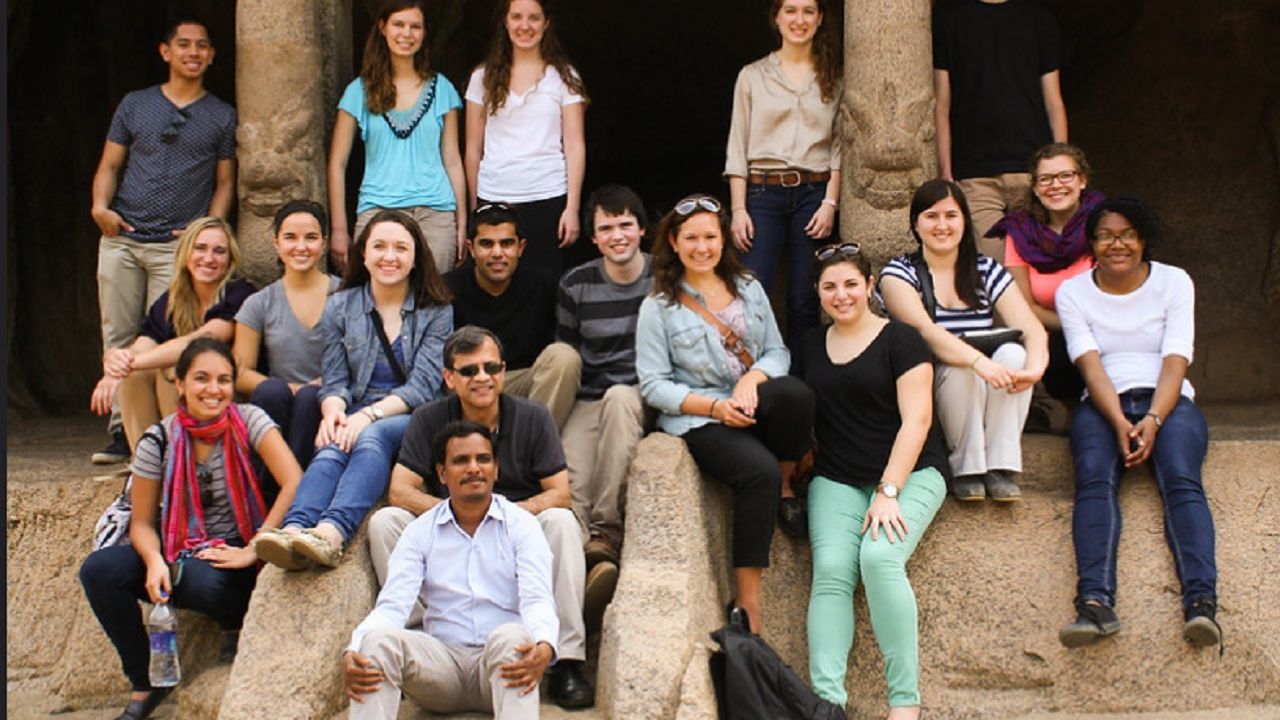
Proper greetings: Greeting customs can vary widely, from handshakes to bows and kisses on the cheek. Researching and understanding the appropriate greeting for a specific culture can help establish a positive first impression.
Dining etiquette: Table manners can differ greatly from one culture to another. Familiarize yourself with the local customs to avoid unintentionally disrespecting your hosts or fellow diners.
Personal space: Personal space boundaries can vary across cultures, with some cultures valuing more physical proximity than others. Respecting personal space is crucial to avoid making others uncomfortable or invading their privacy.
Cultural Communication Barriers
Cultural communication barriers, specifically related to social norms, pose significant challenges during a cultural immersion vacation. These barriers often lead to cultural misunderstandings and can make it difficult to connect with the local community.
One of the main challenges is navigating non-verbal communication. Different cultures have their own set of gestures, facial expressions, and body language, which may have different meanings than what we are accustomed to. For example, a seemingly innocent gesture in one culture might be considered offensive in another. Understanding and adapting to these non-verbal cues is essential for effective communication and avoiding misunderstandings.
It is important to educate yourself about the local customs and norms before embarking on a cultural immersion vacation to ensure a respectful and enjoyable experience.
Climate Adaptation
Adapting to the climate becomes a crucial aspect of a cultural immersion vacation. As we continue to witness the impacts of climate change, it is essential for travelers to be aware of the environmental conservation efforts necessary to preserve the destinations they visit.
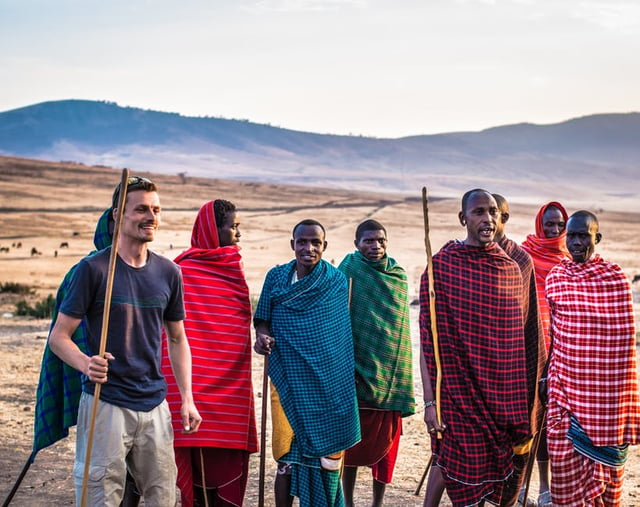
Here are four important points to consider when it comes to climate adaptation:
Research the climate: Before embarking on your cultural immersion vacation, familiarize yourself with the climate of your destination. Understand the typical weather patterns, temperature ranges, and any extreme weather events that may occur.
Pack appropriately: Ensure that you pack clothing and accessories suitable for the local climate. This may include lightweight and breathable fabrics for hot and humid climates, or warm and waterproof clothing for colder regions.
Practice sustainable travel: Be mindful of your environmental impact while traveling. Choose eco-friendly accommodations, support local businesses that prioritize sustainability, and minimize your use of single-use plastics.
Respect nature: When exploring natural landscapes, respect the local flora and fauna. Avoid littering, stay on designated trails, and follow any guidelines provided by local authorities or tour guides.
Local Transportation
One important aspect to consider when embarking on a cultural immersion vacation is the efficient use of local transportation. Navigating public transportation in a foreign country can be a challenging yet rewarding experience.
One of the main local transportation challenges is the language barrier. Understanding bus or train schedules, ticket purchasing, and directions can be difficult if you don't speak the local language. However, with advancements in technology, language translation apps and navigation tools can be extremely helpful in overcoming these obstacles.
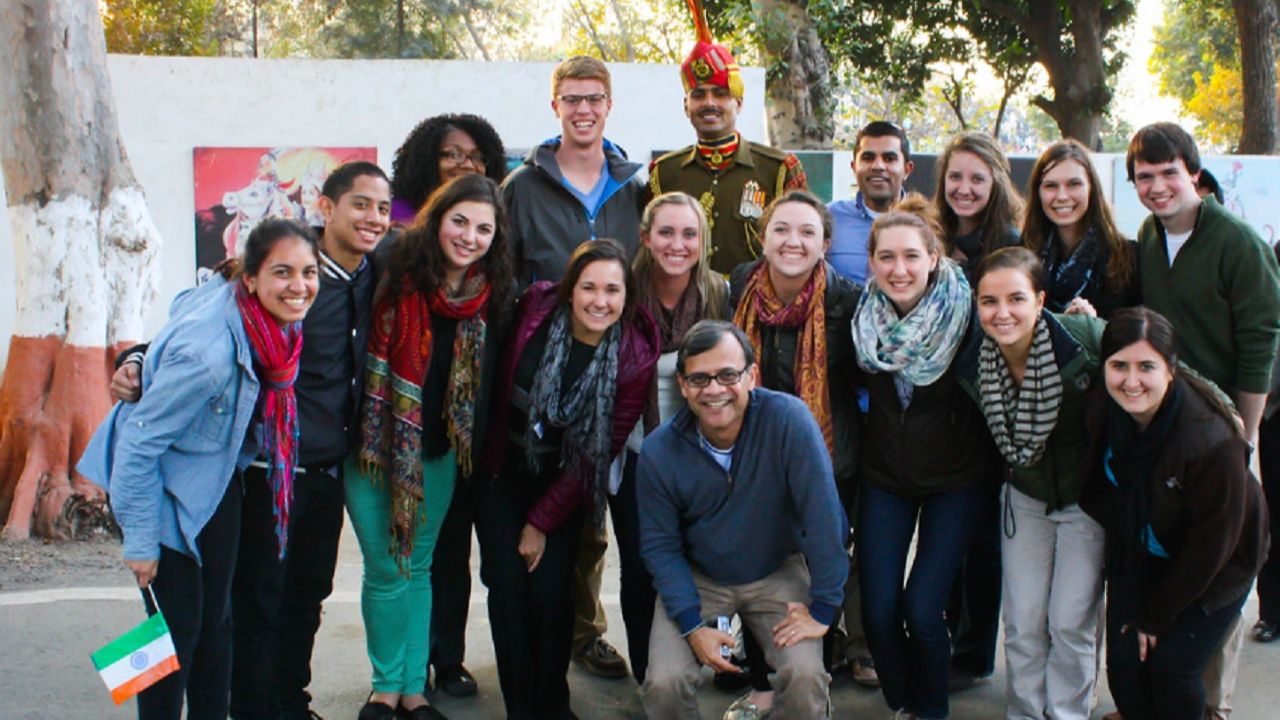
Another challenge is the unfamiliarity with the local transportation system itself. Different cities may have different modes of transportation, such as buses, trams, or subways, and understanding how to navigate them efficiently can take some time.
It is important to do some research beforehand, study maps, and ask locals for advice to make the most of your cultural immersion vacation.
Frequently Asked Questions
How Can I Overcome Language Barriers During a Cultural Immersion Vacation?
Overcoming language barriers during a cultural immersion vacation can be achieved through effective communication strategies. By utilizing tools such as language learning apps, hiring local guides, and immersing oneself in the local culture, effective communication can be established.
What Are Some Common Cultural Shocks That Travelers Might Experience During Their Trip?
When embarking on a cultural immersion vacation, travelers may encounter various cultural shocks. These shocks can include unfamiliar cultural etiquette and the challenge of adjusting to different social norms, which require open-mindedness and adaptability.
How Can I Deal With Homesickness While Being Immersed in a Different Culture?
Cultural adaptation can be challenging, especially when dealing with homesickness. However, there are coping mechanisms that can help. Engaging with the local community, staying connected with loved ones, and embracing new experiences can all contribute to a smoother cultural immersion vacation.
Are There Any Tips for Navigating Dietary Differences and Food Restrictions During a Cultural Immersion Vacation?
Navigating dietary restrictions can be a crucial challenge on a cultural immersion vacation. To ensure a smooth experience, it is helpful to research local cuisines, communicate your restrictions to locals, and consider packing some familiar snacks.
What Are Some Important Social Norms to Be Aware of When Visiting a New Culture?
When visiting a new culture, it is crucial to be aware of important gestures and social norms. Understanding the dos and don'ts of gift giving in different cultures can help navigate potential challenges and foster positive interactions.
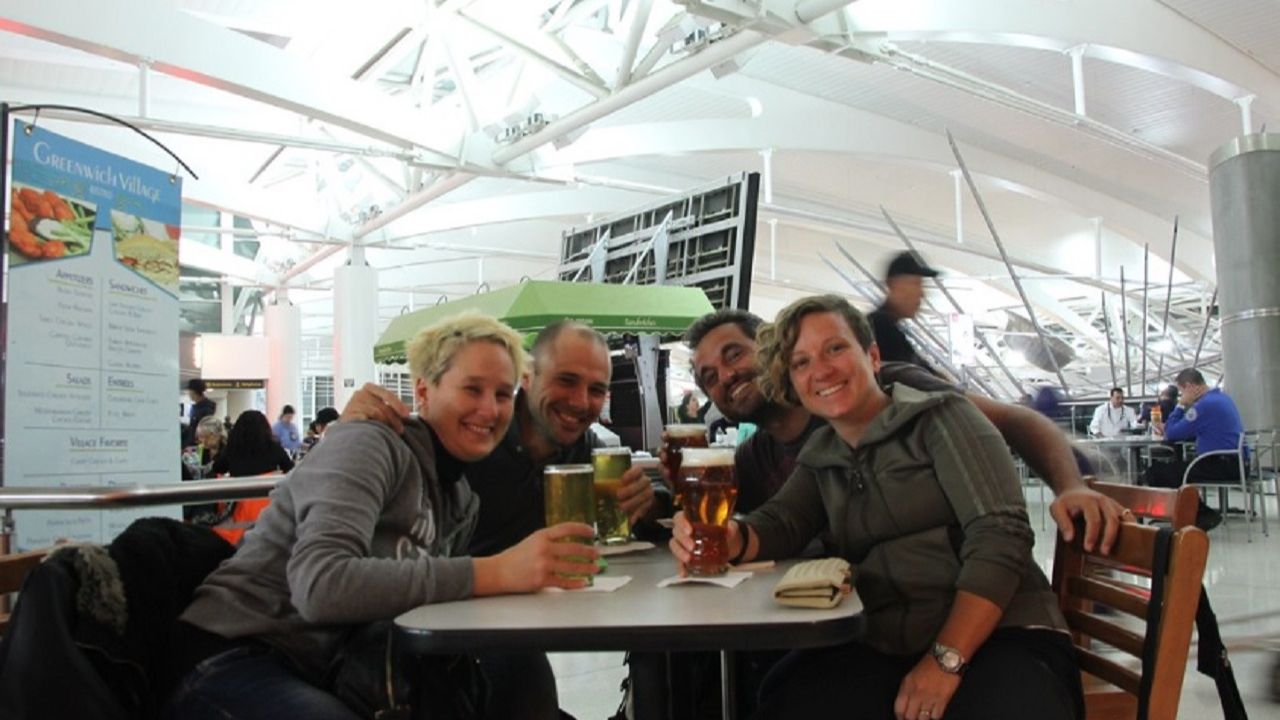
 Liveaboard LifestyleTravel DestinationsExPat Places to LiveRV LifeDigital Nomad TravelPrivacy PolicyTerms And Conditions
Liveaboard LifestyleTravel DestinationsExPat Places to LiveRV LifeDigital Nomad TravelPrivacy PolicyTerms And Conditions
